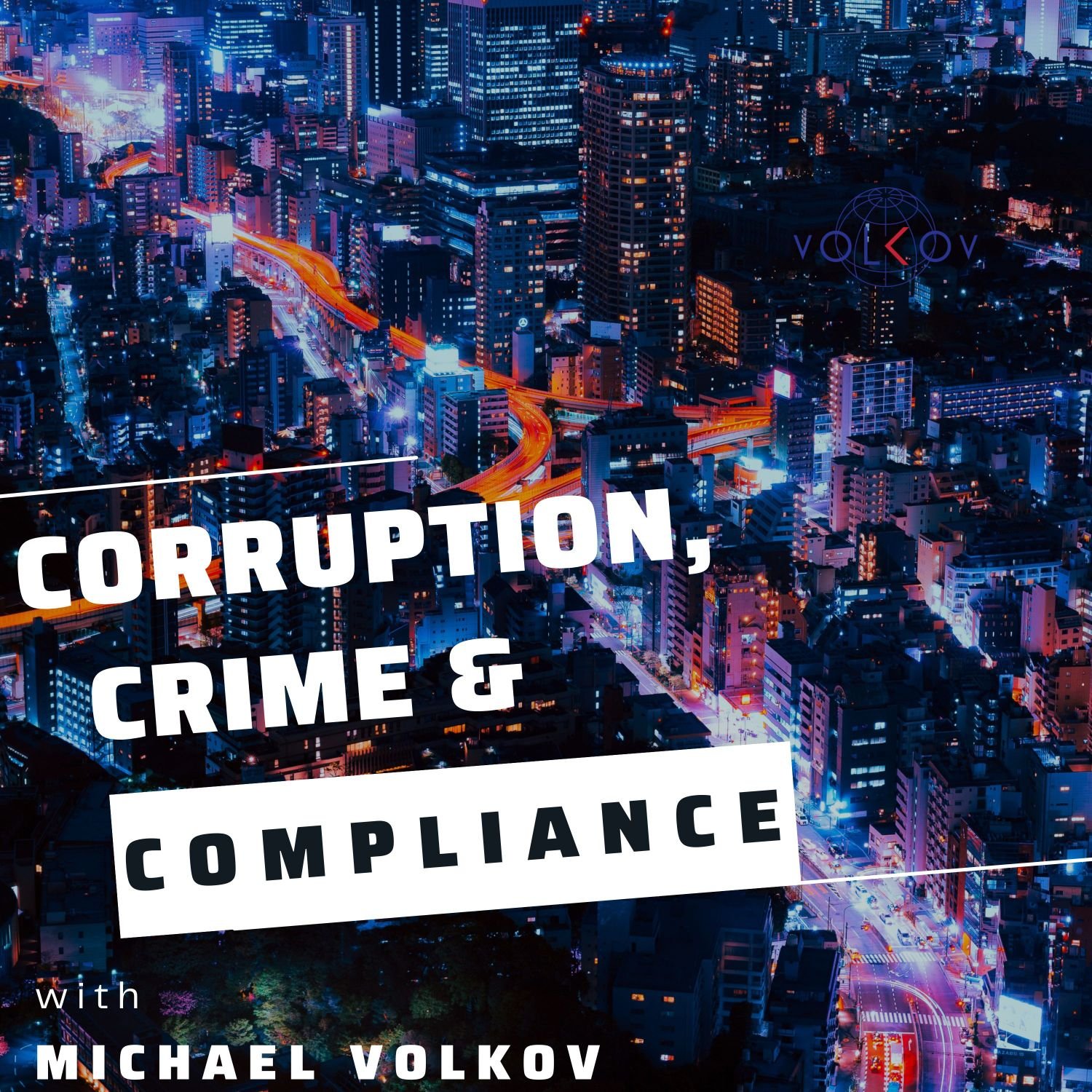Halyna Senyk, from the CEELI on Anti-Corruption Progress in Ukraine
Description
Is the progress itself enough to consider the battle won? Are the ongoing scandals casting a shadow over the hard work against corruption? Despite challenges (such as limited resources due to the ongoing war) and recent scandals (such as overpriced eggs for the military), Ukraine maintains multiple institutions committed to transparency and integrity, crucially supported by international partnerships aimed at enhancing its anti-corruption infrastructure.
Listen to this conversation between Michael Volkov and Halyna Senyk in which they focus on Ukraine's anti-corruption efforts amidst the backdrop of its ongoing war with Russia. Halyna Senyk, an expert from the CEELI Institute, details Ukraine's progress since 2014, highlighting the establishment of key anti-corruption agencies and reforms and how, over 10 years, it moved from 144 to 104 place in the Transparency International Corruption Perception Index.
You can listen to how, despite these advancements, Senyk acknowledges persistent challenges, including recent setbacks and scandals that have tested the country's resolve.
You’ll hear them discuss:
Historically pervasive and deeply rooted corruption at various levels of government and the reality of society that remains a critical challenge. Despite reforms and the establishment of anti-corruption agencies, the implementation and effectiveness of these measures are often undermined by systemic issues.The conflict with Russia that started in 2014 leading to military, economic, and social destabilization. This conflict has strained Ukraine's resources and governance capabilities, posing obstacles to effective governance and reform efforts.The volatile political landscape in Ukraine is characterized by frequent changes in leadership and political alliances that hamper consistent policy implementation and reform progress.The ongoing conflict and systemic corruption and how they contribute to economic challenges, including reduced investor confidence, economic uncertainty, and financial strain on public institutions.Ukraine's geopolitical position and how relations with neighboring countries and international allies, particularly with regard to Russia and the European Union, influence its ability to implement reforms and receive international support effectively.Resources
Halyna Senyk on LinkedInEmail: [email protected] Institute (Central and Eastern European Law Initiative)Michael Volkov on LinkedIn | TwitterThe Volkov Law Group
More Episodes
What happens when a major defense contractor faces scrutiny for ethics and compliance violations? In this episode of Corruption, Crime, and Compliance, Michael Volkov dives into the high-stakes world of corporate accountability, exploring Raytheon's recent $428 million settlement with the U.S....
Published 11/18/24
Published 11/18/24
The SEC notched another FCPA settlement, continuing its steady pursuit and resolution of FCPA cases. In the meantime, the Justice Department has been silent in the FCPA enforcement arena. In this episode of Corruption, Crime, and Compliance, Michael Volkov dives into the SEC’s recent FCPA...
Published 11/11/24


